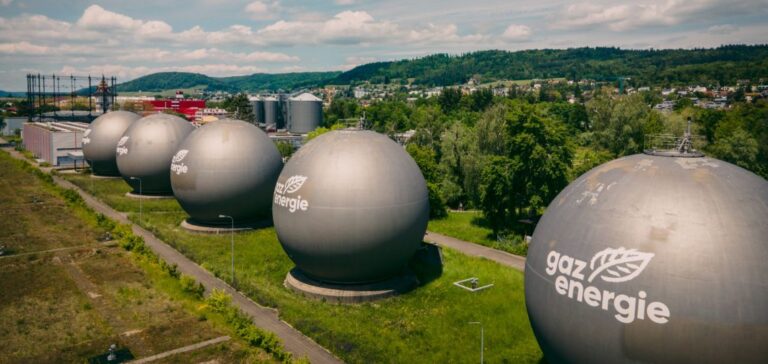Biomethane production in France rose significantly in 2024, reaching 11.6 terawatt-hours (TWh) compared with 9.1 TWh the previous year, according to the tenth annual renewable gas overview published by the Syndicat des énergies renouvelables (SER), Gaz et Territoires, GRDF, Natran and Teréga. This 27% increase occurred in a context of a sharp decline in new installations. Biomethane now accounts for 3.2% of national natural gas consumption, equivalent to the energy needs of 756,000 households or 40,000 heavy-duty vehicles.
Commissioning rate falls to lowest since 2019
The number of new installations injecting biomethane into the grid dropped to 79 in 2024, compared with 139 in 2023. This figure is similar to 2019 levels and marks a clear decrease from previous years, when new connections exceeded 140 units. The report attributes this downturn to the revision of purchase tariffs introduced in 2020, compounded by successive health and energy crises. The trend is expected to persist in 2025, according to industry forecasts.
Regulatory adjustments and targeted support requested
Sector professionals are calling for reinforced public support, particularly for small-scale projects producing less than 25 GWh per year. They also advocate for the implementation of assistance schemes for renewable gas consumers to boost demand. In addition, the sector is pressing for a derogation framework from the Zéro artificialisation nette (ZAN) law, which limits urban sprawl, to facilitate the establishment of new production sites.
Mid-term targets considered insufficient
The sector welcomed the inclusion of a 44 TWh biomethane target by 2030 in the 2025–2035 Programmation pluriannuelle de l’énergie (PPE), currently under parliamentary review. However, it believes that the 79 TWh target set for 2035 lacks ambition given the identified potential. The sector also expressed regret over the absence of defined targets for alternative renewable and low-carbon gas production technologies beyond methanisation.






















